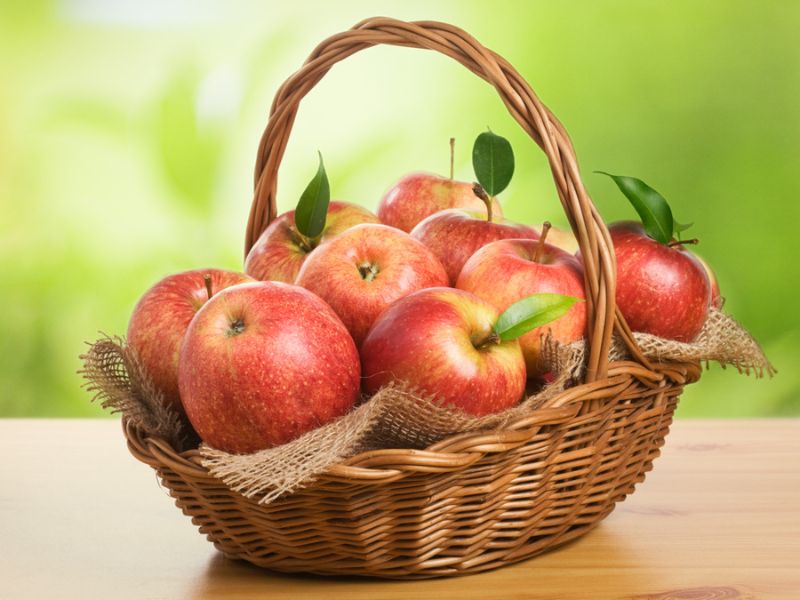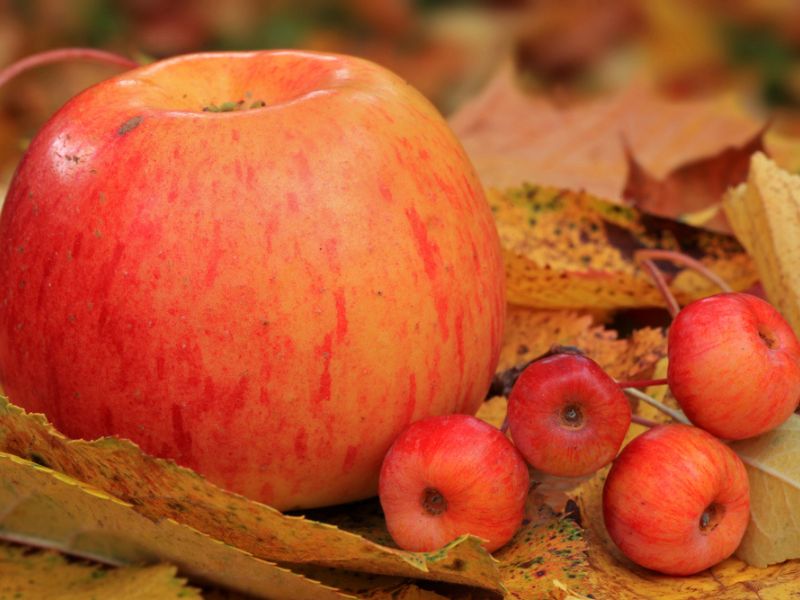It can be challenging to decide which apple variety to use in your next pie. The answer to which type of apple is best isn’t simple, according to Gesine Bullock-Prado, author of the baking cookbook “Pie It Forward.”
According to Bullock-Prado, a self-described “baking evangelist” at Hartford’s Sugar Glider Kitchen, she uses different apples depending on the pie. She explains that she considers the flavor profile. The russet variety lends a rich undertone to a pie because its blotchy skin lends a full flavor. Her go-to ingredient is Winesap if the recipe calls for more.
Bullock-Prado says it has a more adult flavor. It will stand out if you surround a Winesap with other fruits with big personalities. Here are Bullock-Prado’s top three apple pie picks, from classic heirlooms to grocery store favorites.

Image Credit: Shutterstock/ifiStudio
Jonagold
This crisp cultivar is a favorite for traditional apple pie, which can be made with just pie dough, apples, spice, and sugar. Despite its sweetness and tartness, it holds up well, according to Bullock-Prado. In addition, because of the Jonagold’s high cellulose content, it won’t break down during cooking.
Reine Des Reinettes, AKA Pippins King
Few russet apples are making a comeback in modern orchards, but the Reine des Reinettes stand out. Bullock-Prado recommends leaving the fruit unpeeled to add extra flavor. Aside from their vibrant color, russet apples have a delicious taste, too. Their thicker skin also makes them easier to store. If you can’t find Reine des Reinettes, look for another russet apple with mottled skin.

Image Credit: Shutterstock/andre quinou
Northern Spy
Pies with powerful flavors benefit from the apple’s acidity. Bullock-Prado said it has a tart, less honeyed profile. Noting that Northern Spy apples don’t decline in quality over a few months, Bullock-Prado recommends the sharp-tasting fruit even when bought from a grocery store instead of an orchard.